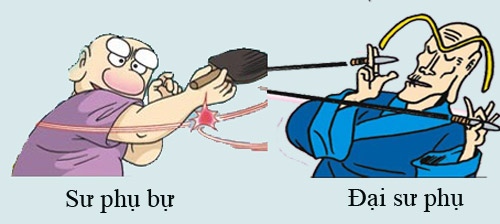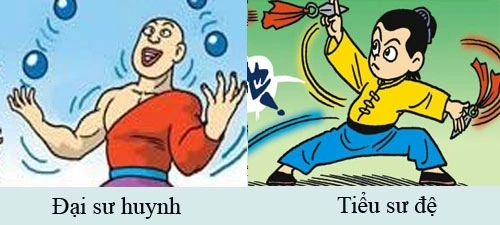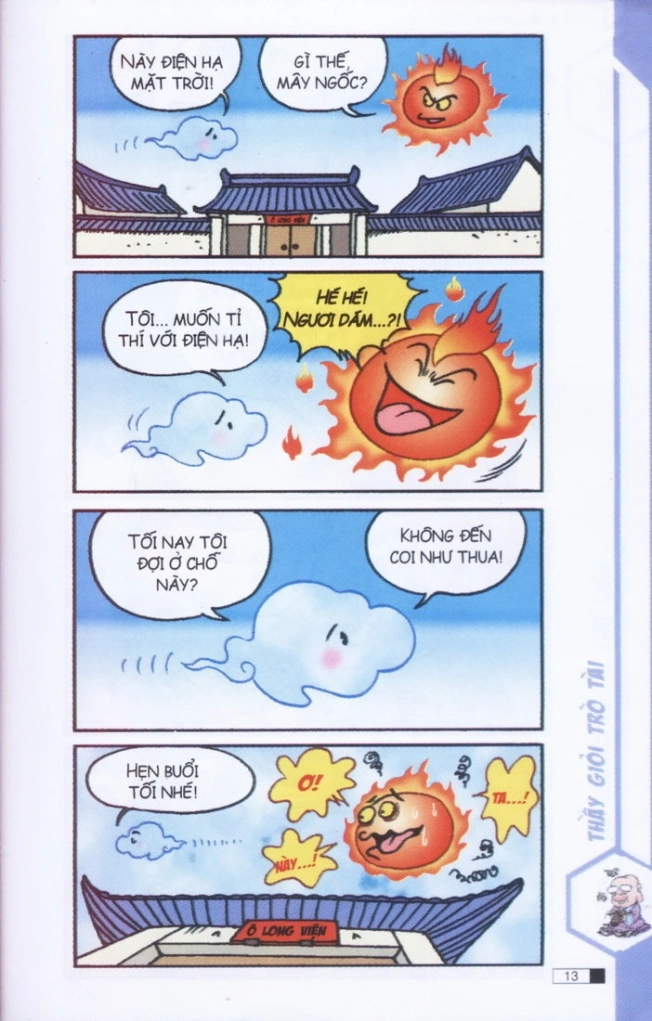My last post here was dated December 30, 2013. Today is October 4, 2015. I had said I had hoped my hiatus wouldn’t turn out to be permanent. Oh well… Life happens. To all of my friends and supportive readers, I’m very sooooorrrrry about the long hiatus!!!!!
A lot has happened since then. I finished my language study in China, gained a lot of good friends, got a job, breathed in quite a lot of P.M 2.5 in Beijing (the tiny, tiny toxic particles in the air that can pass through your lung membrane and enter your blood stream and reduce your life expectancy by 5 years – maybe I should blame the blog’s prolonged hiatus on PM 2.5?).
It warms my heart to think that you’d be able to find good-natured, kind-hearted people anywhere in the world, regardless of your background, upbringing, the types of food you eat, your customs and so on. Language in any case serves as either the barrier or the bridge to friendship. In my case, my investment paid off and I got a Chinese bridge (pun on the Chinese language competition).
But anyhow, lots of good things came to an end. I had a good year in China, and then moved forward. I had to think about a career, and so moved to the next place: the only country in the world whose official language is Vietnamese!
Guess where I’m based now? Hanoi.
Stuck in a 9-5 corporate job. Ooops. Wrong career choice. It’s relatively well-paid and I’ve always thought I’d settled down somewhere in a 9-5 white collar office job, but after a year I’m bored to tears at my job and stressed out. Common story, eh? Also adding to the hiatus is the fact that I had a lot of readjustments to make when back in Vietnam. I’ve been away from the country for 10 years, since I was a kid. Saying the country has changed a lot is an understatement. Imagine the legendary bamboo that grew 2 meter (6 ft 5) overnight.
So now I’d like go back to my roots, to doing what I’ve always enjoyed doing: teaching and learning languages.
One thing though: I’ve been out of commission for so long, so to all of those who asked what to do after reading my blog, that’s a question that will take me a while to answer.
There’s a very helpful Facebook group for Vietnamese learners: https://www.facebook.com/groups/tiengvietnerds/
You can ask questions in English and get the answer in English, or if you’re more advanced, ask and get an answer in Vietnamese!
For TV, not sure if you can access this overseas, but there’s a site called Zing TV (http://tv.zing.vn/) and Zing music app with a lot of Vietnamese songs (they have English interface). I was never a fan of learning Vietnamese through songs since Vietnamese lyrics are too flowery for practical use, but hey, check out the new music. It maybe better now.
What’s next for the site, and when? It’ll take a while for me to gather myself together. Ideally I’d like to explain more intermediate stuff, start the audio sessions (been wanting to do this for a long while but never really had enough resources), get a part time job teaching Vietnamese here (my full time corporate gig foots the bills unfortunately) to gain more experience and get a sense of what is most useful for learners.
Anyhow, I’m back (and hopefully will be better than ever)! Cheers!








